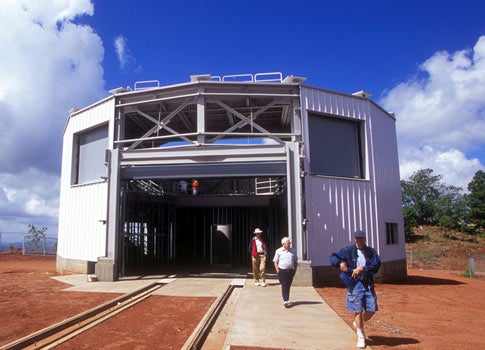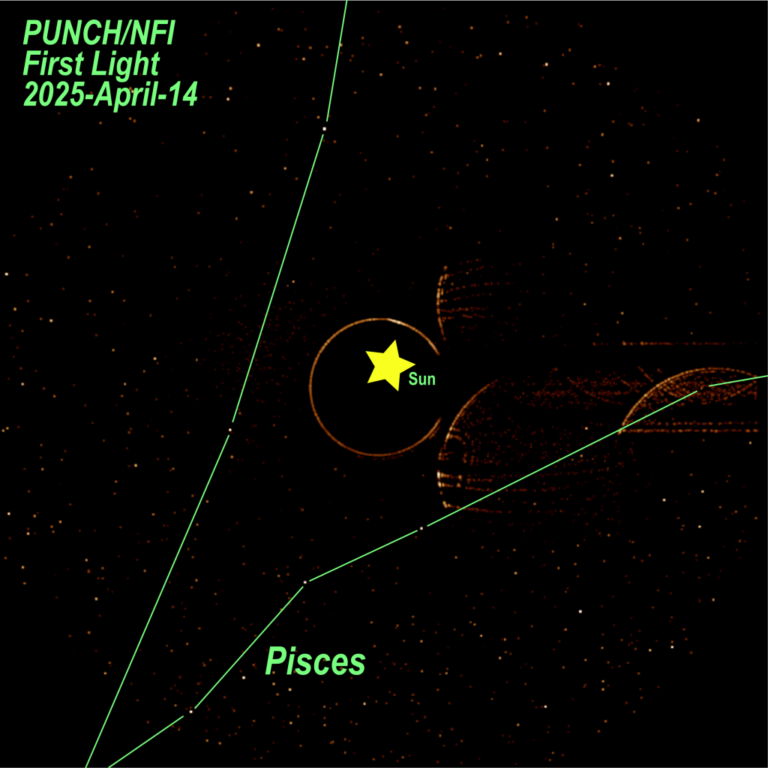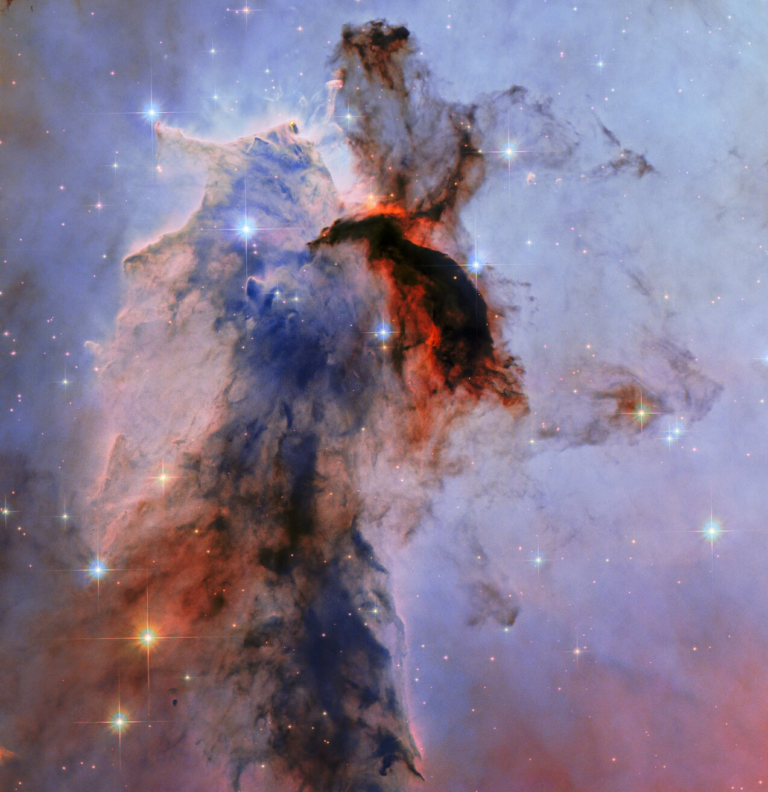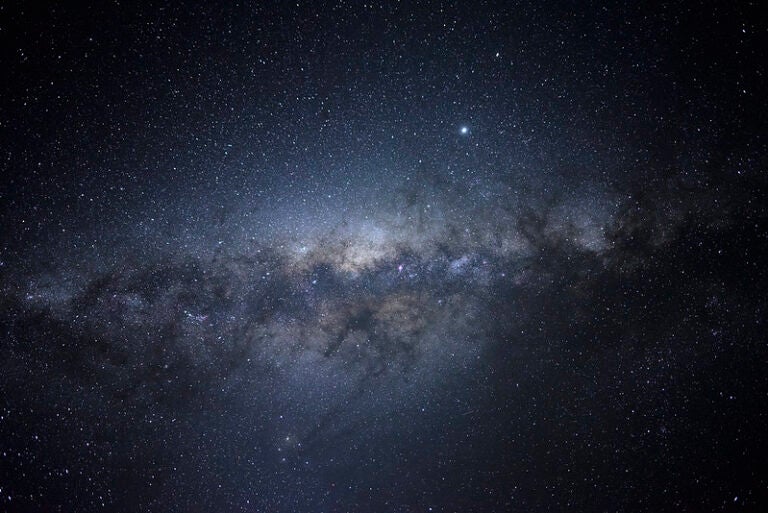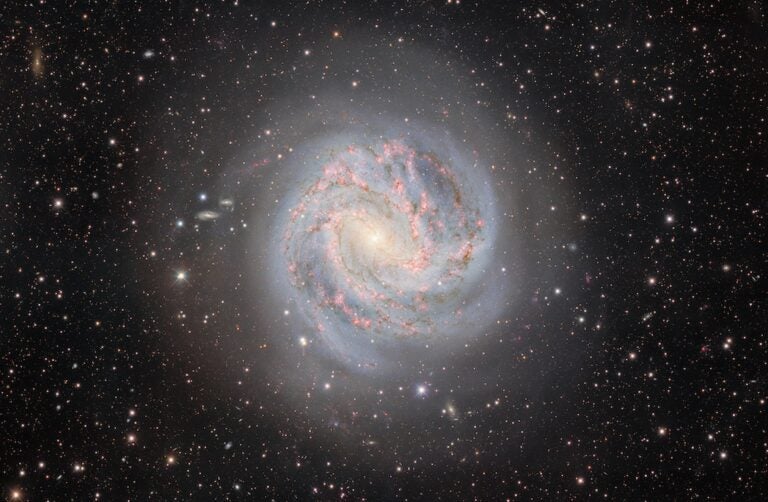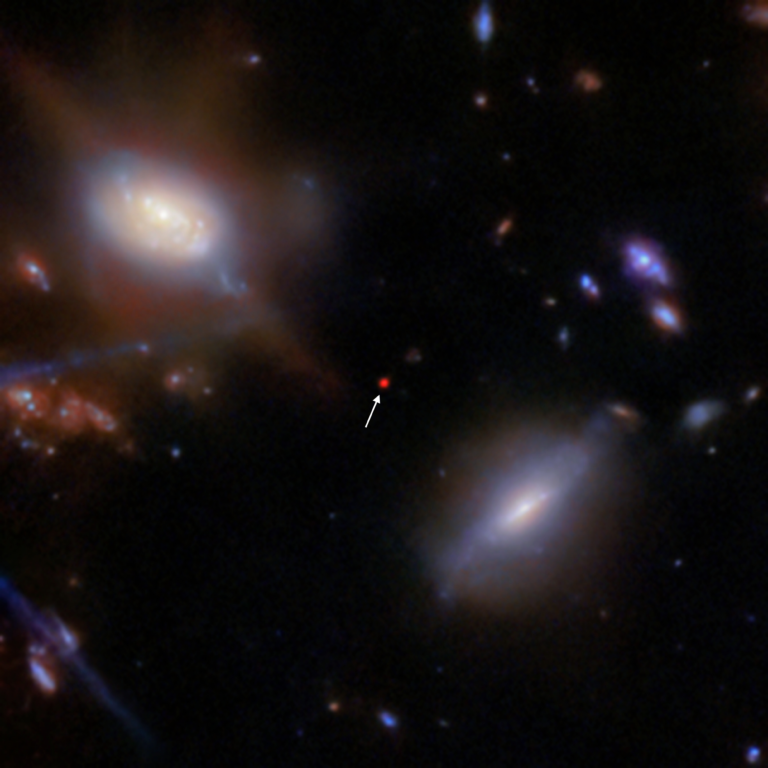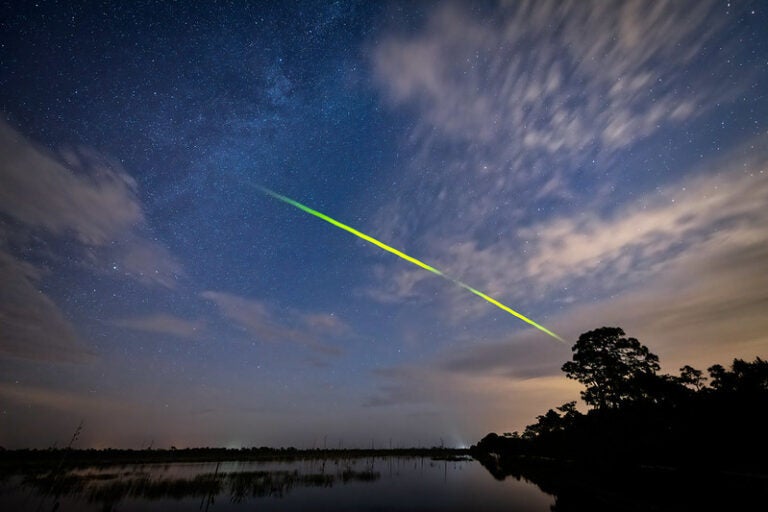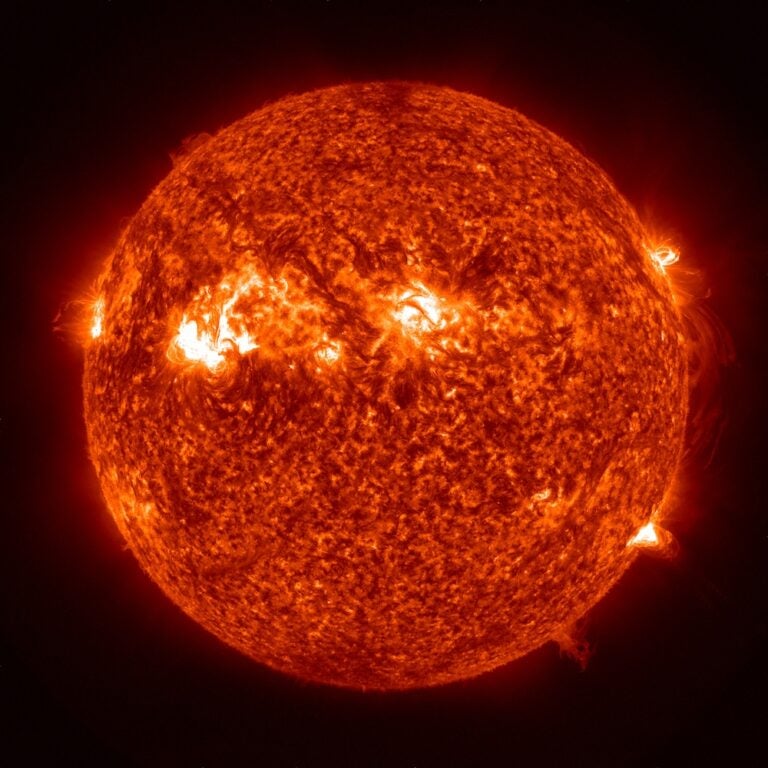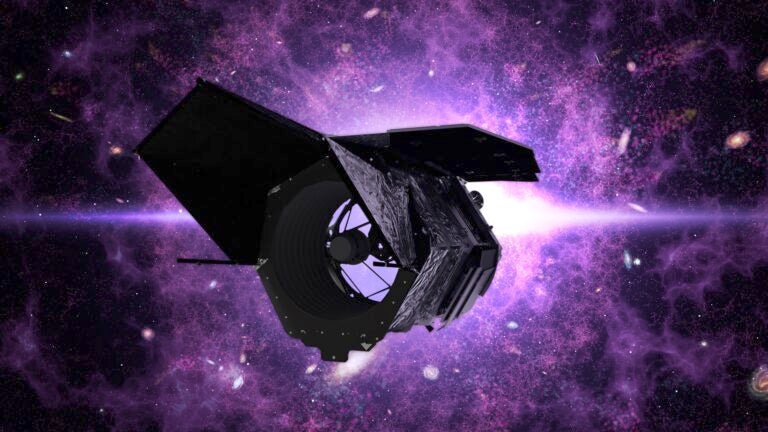Lowell Observatory announced today receipt of a $5 million contribution from the John and Maureen Hendricks family in support of the Discovery Channel Telescope (DCT). This gift is in addition to their earlier $1 million contribution for the same purpose.
The 4.2-meter aperture Discovery Channel Telescope is being built by Lowell Observatory in partnership with Discovery Communications, Inc. of Silver Spring, Maryland. When completed, the approximately $37 million telescope will be the fifth largest in the continental United States and will incorporate many advanced features to optimize its performance.
“We are grateful that we are in a position to assist Lowell Observatory in advancing basic research in the enormously important field of astronomy,” said Mr. and Mrs. Hendricks.
Mr. Hendricks is the founder and Chairman of Discovery Communications. A member of the Lowell Observatory Advisory Board for more than a decade, Hendricks has a keen and abiding interest in astronomy and space research.
“In recognition of this truly generous gift, the existing Planetary Research Center at Lowell Observatory will be renamed the Hendricks Center for Planetary Studies,” said Lowell Trustee William Lowell Putnam. Mr. Putnam also noted that, while the Observatory remains open to the possibility of an additional university or observatory partner in the project, such a partner is no longer essential to completion of the telescope by 2010.
Facilities and infrastructure for the telescope are nearing completion at a new observatory site near Happy Jack, Arizona on the Coconino National Forest. The telescope’s 14-foot diameter primary mirror was fabricated by Corning Inc. in Canton, New York and is being figured and polished to its precise final shape by the College of Optical Sciences at the University of Arizona in Tucson.
According to Lowell Director Bob Millis, the Discovery Channel Telescope will be applied to a variety of research topics spanning the gamut of modern astrophysics and planetary science. Of particular near-term interest are studies of distant bodies in our solar system including Pluto and its trans-Neptunian neighbors, searches for planets orbiting other stars, and investigations of how stars form in our own galaxy and beyond.
The Discovery Channel Telescope will increase Arizona’s economic output by more than $576 million over its 50-year expected useful lifetime, according to a study by the Center for Business Outreach at Northern Arizona University.

